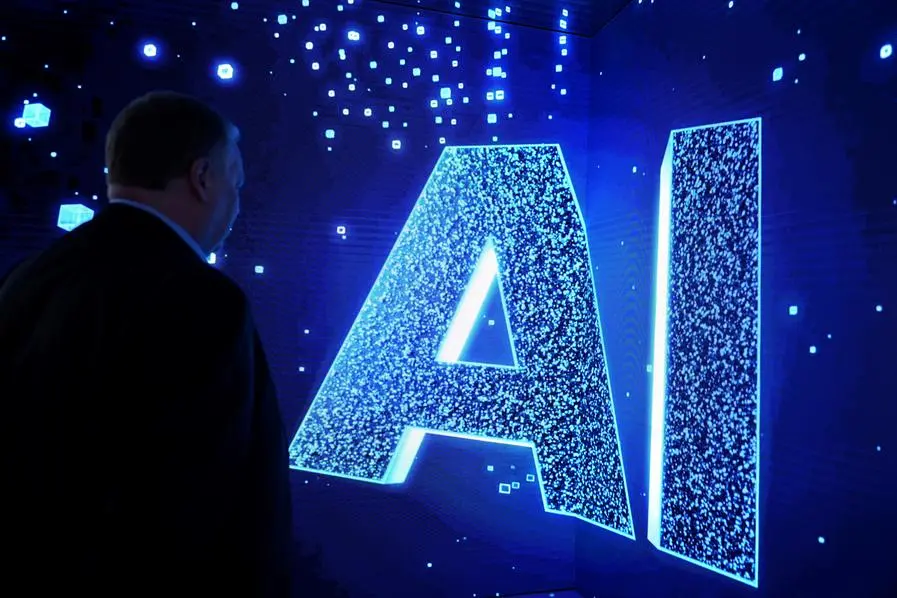PHOTO
US tech giant Google opened Thursday an AI research hub in Paris, part of a trend for big tech firms to base teams working on cutting-edge products in European centres.
Google already employs thousands of people at its engineering facility in Zurich, a city that also houses AI-focused teams from Meta, Apple and Microsoft.
Amazon, another major player in AI research, has teams based in several locations in Germany and Britain.
AI covers a broad range of technologies based on algorithms and big data processing, which help to power everything from online advertising to smartphone cameras.
Google's Parisian hub will host at least 300 researchers in the French capital, the US firm said in a statement.
The aim was to train at least 100,000 AI professionals by the end of 2025.
Google CEO Sundar Pichai praised Paris during the opening event, calling it a "global centre of innovation".
"It's a magnet for tech talent, including more than 40 nationalities within our local engineering teams," he said.
- AI 'ecosystem' -
The Google boss earlier met French President Emmanuel Macron, who has long pushed the French capital as a cutting-edge hub.
Paris has had notable successes, with Meta establishing an AI research team there in 2015 led by its AI chief Yann LeCun, one of the world's pre-eminent academics in the field.
At the Google event, officials talked of creating a European Silicon Valley in the Paris region -- a long-held dream.
But the French city is playing catch-up with European centres like Berlin, Zurich and London and southern England.
Google DeepMind started life as a British startup before the US giant bought it, and its main offices are in London.
Zurich hosts one of Google's largest engineering facilities outside the United States -- employees there even have a nickname, "Zooglers".
Microsoft also operates a centre dedicated to AI and Mixed Reality in Zurich and its director, Marc Pollefeys, told AFP the city has everything needed for an AI hub -- including aspects that Paris will struggle to replicate.
"You need a number of elements in place to really anchor the ecosystem," he said.
- International city -
These elements include a top-level institution like ETH Zurich, a leading university the field where Pollefeys also works as a professor.
Google said in a statement that its AI hub in Paris would build relationships with several top institutions around France, adding that the country had more than 500,000 scientific researchers.
Pollefeys pointed out that the education facilities in Zurich combine with a lively entrepreneurial scene -- both Meta and Apple grew their presence in the Swiss city from acquiring local startups.
And Pollefeys highlighted that all the major players now had teams in Zurich working on computer vision -- an AI specialism used in mixed reality headsets among other devices.
"Specialists will be much less hesitant to move here because they know there's plenty of other opportunities around in the ecosystem," he said.
Swiss labour laws provide the clearest dividing line between the Alpine country and its giant neighbour.
Liberal laws allow firms to hire and fire much easier than in France, which was a major selling point for global firms.
And he said Zurich's international flavour was also a big plus point.
"There's a lot of people from everywhere in Zurich and so people kind of easily move here," he said, pointing out that his 30-strong team at Microsoft hailed from 15 different countries.
This is where, he believes, Paris could struggle to match other major centres, like London or those in the United States.
Despite Pichai's comment about the multinational nature of Google's Paris team, Pollefeys said big tech firms had often struggled to retain international staff there.
"If you can only attract French people, you have a huge disadvantage," he said.





















